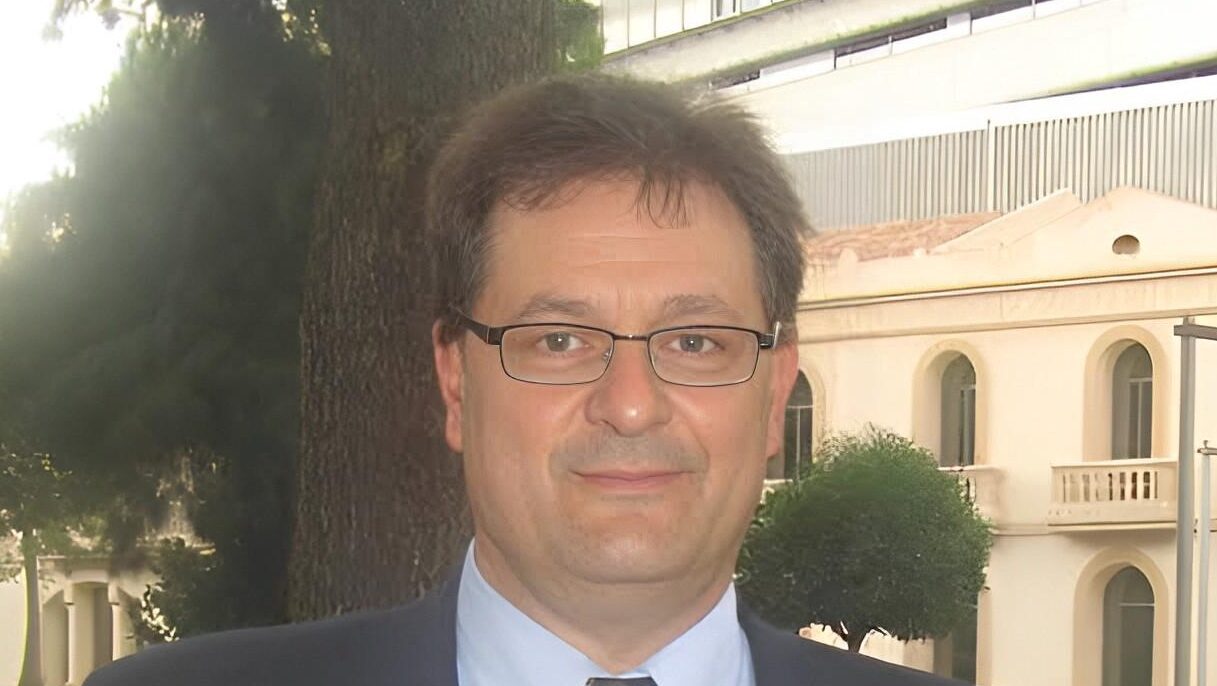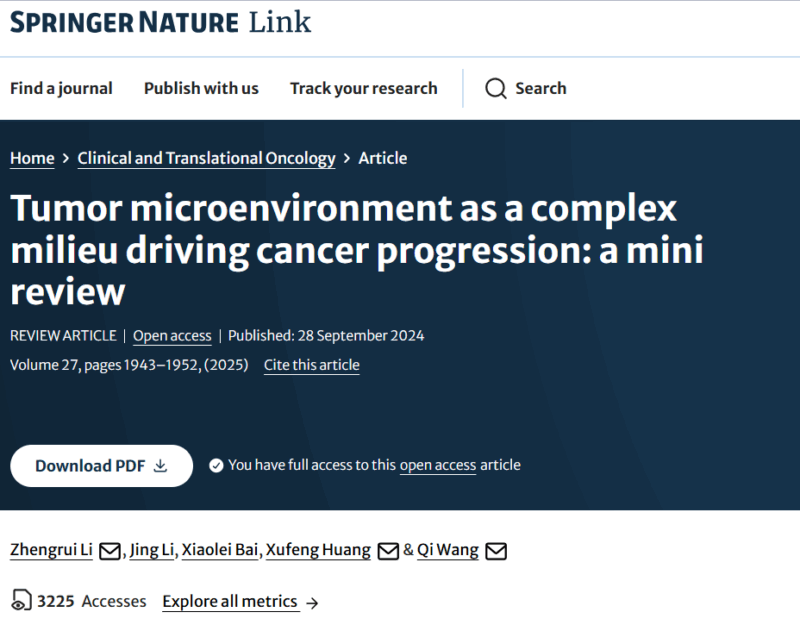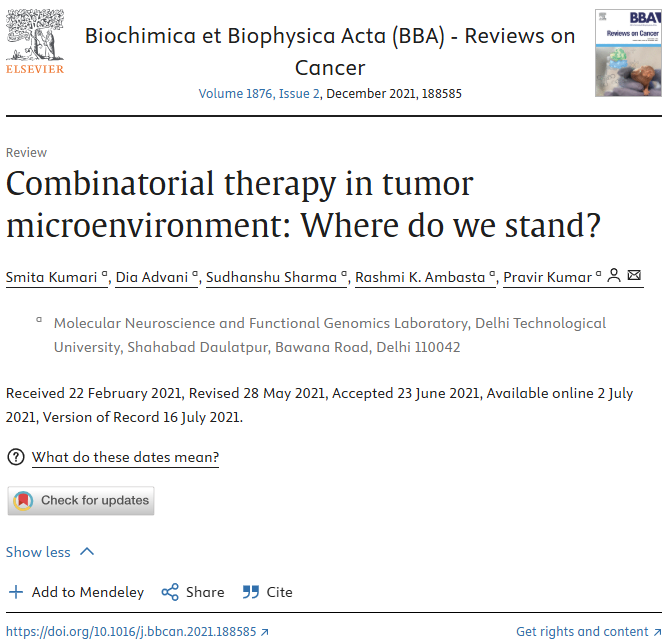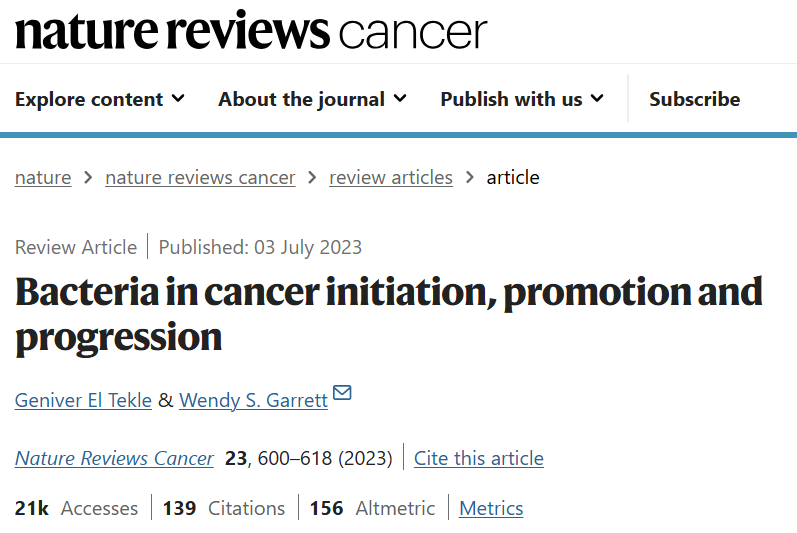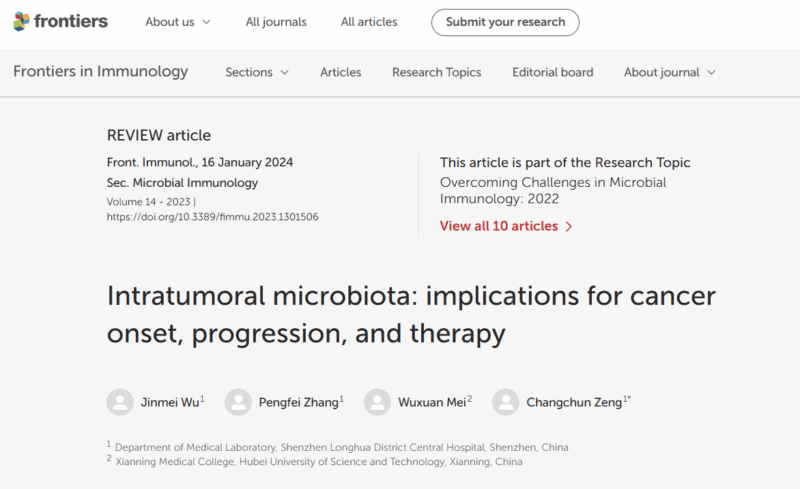Miguel Bronchud, Co-Founder and Advisory Board at Regenerative Medicine Solutions, shared a post on LinkedIn:
“There is wide consensus at present in oncology on the importance and role of tumor microenvironments both in the development of cancers, and in cancer progression and metastatic or locally invasive disease.
Perhaps, the trees do not allow us to see the woods?
Comprehensively reviewed by a Chinese group (mainly from the Department of Oncology, Ruijin Hospital, Shanghai Jiao Tong University School of Medicine, Shanghai, China), tumor microenvironments (TME) constitute the intrinsic milieu for tumor-cell growth and evolution.
Tumor microenvironment as a complex milieu driving cancer progression: a mini review
Authors: Zhengrui Li et al.
And inevitably will gain progressively more relevance in therapeutic research and combinations or sequencing of targeted therapy and immunotherapy.
Combinatorial therapy in tumor microenvironment: Where do we stand?
Authors: Smita Kumari et al.
TME comprises tumor cells, immune cells, and supporting cells (such as fibroblasts, stromal cells, and endothelial cells), along with over-secretion of bioactive molecules like cytokines and chemokines.
Major cellular and non-cellular components of the TME are T-cells, B-cells, tumor-associated macrophages (TAMs), natural killer cells, neutrophils, DCs, endothelial cells, cancer associated fibroblasts, adipocytes, stellate cells, extracellular matrix (ECM), and exosomes . In addition, ECM forms a non-cellular 3D structural component within this environment .
Inflammatory cells within the TME, such as tumor-associated macrophages (TAMs), myeloid-derived suppressor cells (MDSCs), and regulatory T cells (Tregs), often adopt a pro-tumorigenic phenotype, supporting tumor growth and suppressing anti-tumor immunity.
Multiple lines of recent evidence underscore the presence of microbiota within tumors, closely associated with cancer pathogenesis .
Bacteria in cancer initiation, promotion and progression
Authors: Geniver El Tekle and Wendy S. Garrett
Tumor presence disrupts normal anatomic structures, providing opportunities for microbiota to migrate from adjacent organs to the TME. Consequently, microbiota integrate into and coexist with tumor cells within the TME.
As integral components of the TME, tumor microbiota participate in cancer pathophysiology by enhancing oncogenic signals, modulating tumor metabolism, fostering an immunosuppressive microenvironment, and inducing chronic inflammation through various pathways.
Intratumoral microbiota: implications for cancer onset, progression, and therapy
Authors: Jinmei Wu et al.
But (like for many other issues in cancer research) we are missing unified models that can integrate all of these elements into a universal carcinogenesis theory with evolutionary biology implications both at the species level and at the cellular clonal levels.
Recent literature on well known oncogenes and tumor suppressor genes in the past two decades are full of papers attributing to these mutated gene drivers of cancers properties compatible with co opting immune suppressive Epigenetic circuits (mainly via transcription factors networks) in cancer micro environments. Besides the fact that current ample use of immune checkpoints inhibitors in clinical cancer therapies have also uncovered previously unknown immune regulatory pathways capable of facilitating cancers immune escapes.”
Authors: Miguel Bronchud et al.
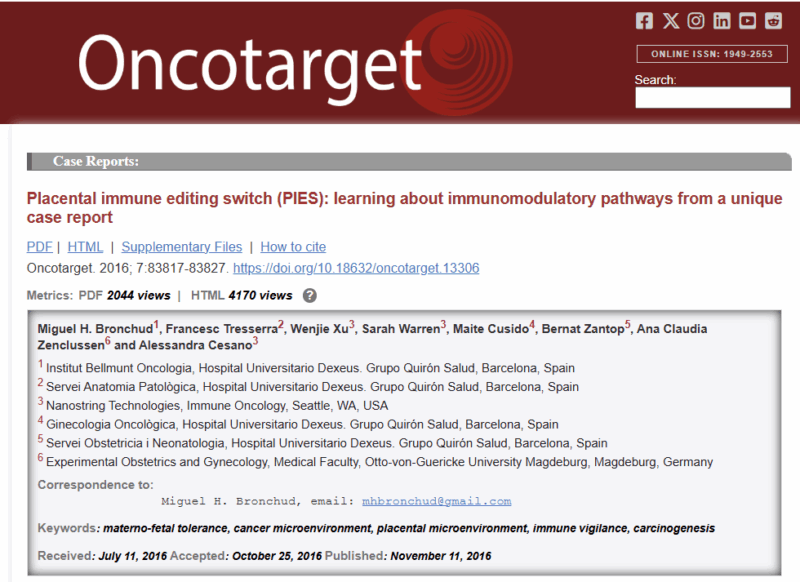
Authors: Miguel Bronchud et al.
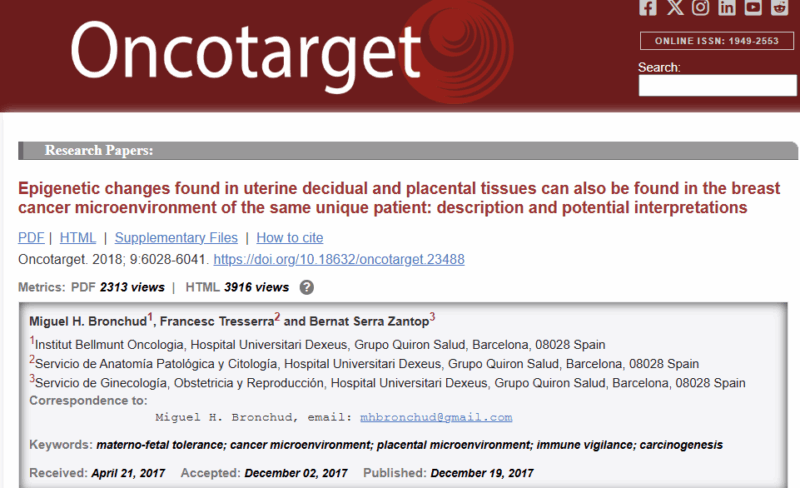
Author: Miguel Bronchud
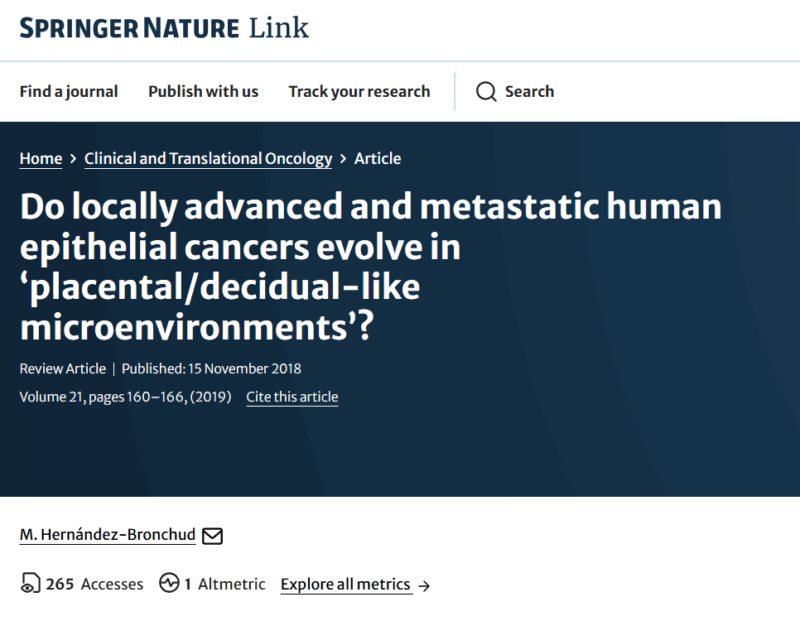
Authors: Miguel Bronchud et.al
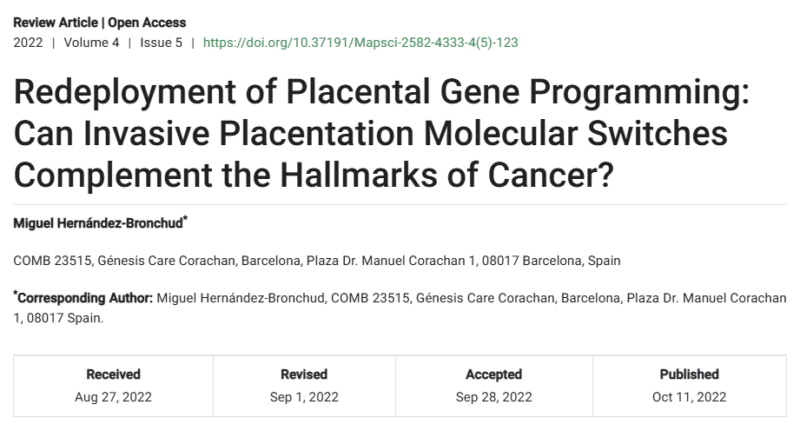
Alpha and Omega: from the Sagrada Familia to Placenta and Cancer
Author: Miguel Bronchud

Placental immune editing switches (PIES) and cancer progression
Author: Miguel Bronchud
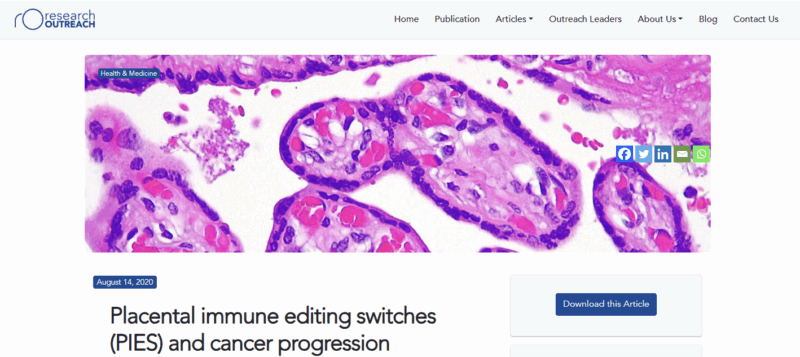
DOI: 10.32907/RO-116-7073
More posts featuring Miguel Bronchud on OncoDaily.


